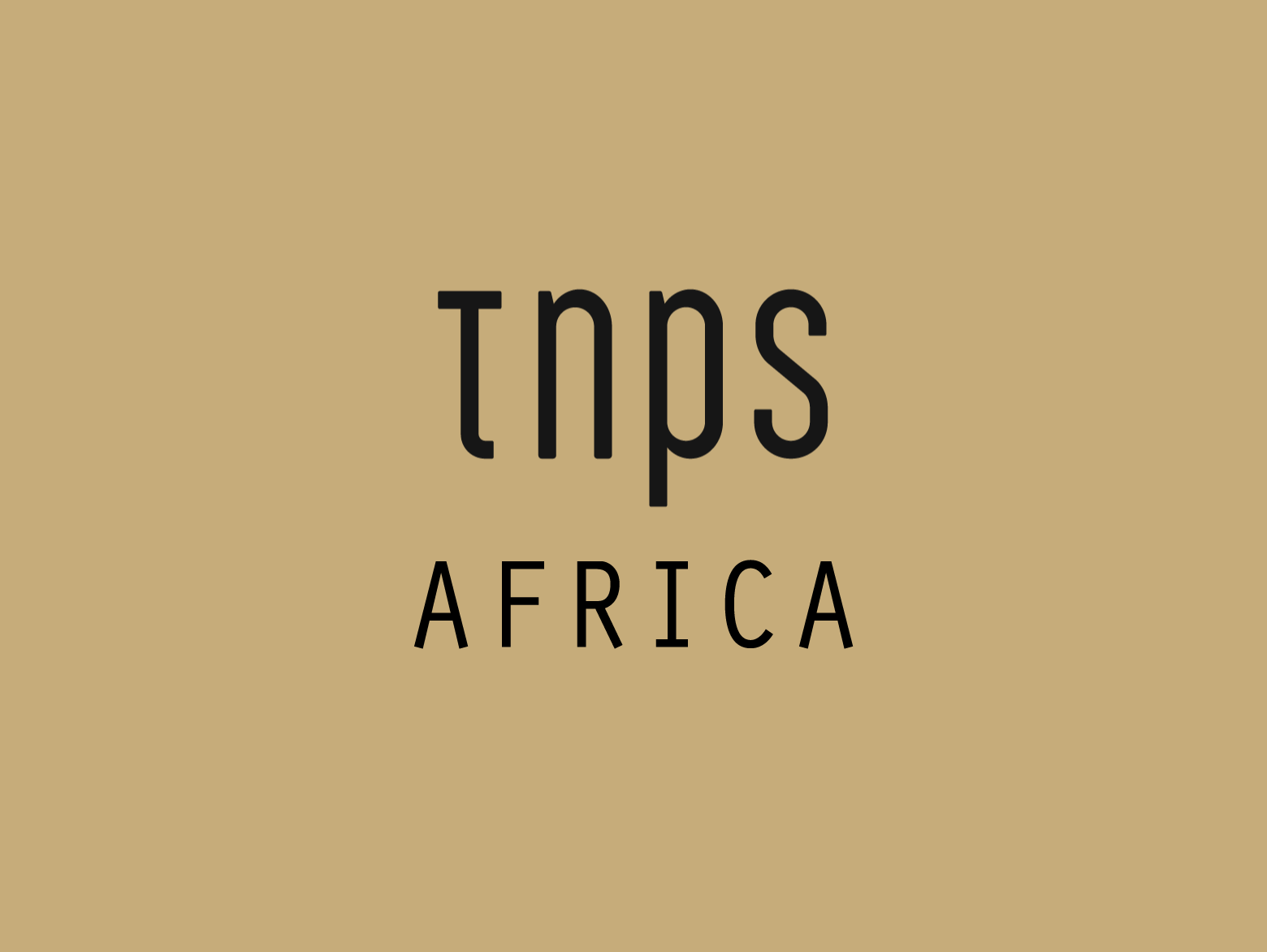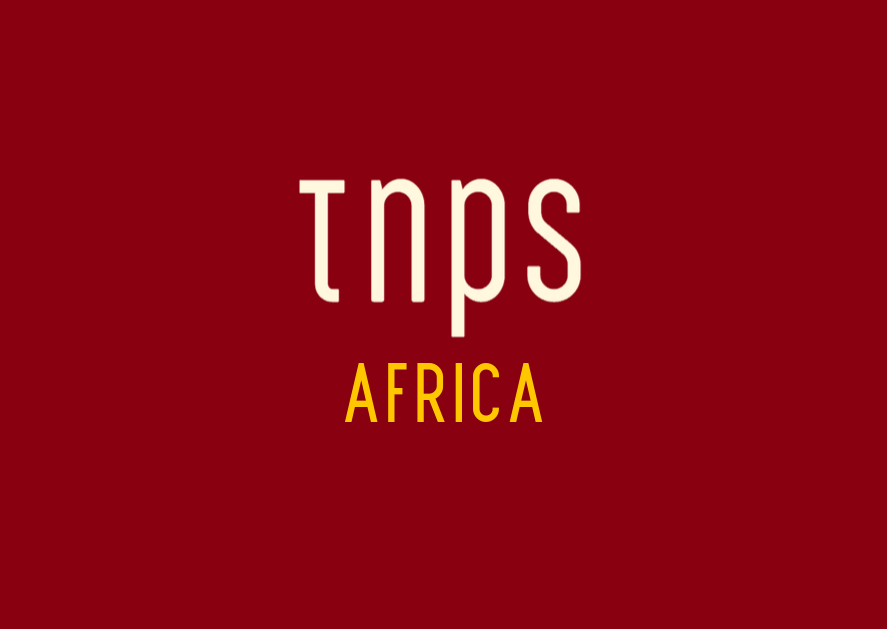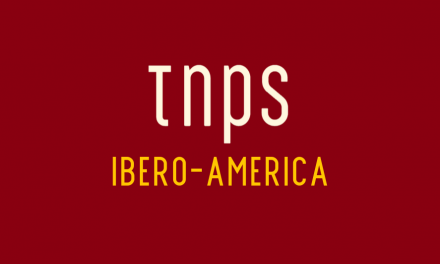With the current vogue for diversity in publishing comes, inevitably, cries of foul as author achievements are dismissed as concessions to ethnic origins and diversity quotas.
One would think that award-winning Nigerian-American fantasy writer Nnedi Okorafor (World Fantasy Award, Macmillan Writer’s Prize for Africa, Children’s Africana Book Award, Wole Soyinka Prize for Literature in Africa) had established her credentials by now, but it seems not.
When Okorafor got the chance to script a Black Panther comic book for Marvel, out came the bitter and twisted tweets about only getting the job because of her skin colour.
I’m not trying to discourage your success but your company @Marvel hired you because you’re black. That’s the only reason.
She’s also a woman, so someone missed opportunity there to be doubly stupid.
Sadly it wasn’t just her detractors that got caught up with the opportunity to play the race card. Tweeted one supporter, fighting fire with fire,
I can’t wait for the movie to come out; all the racist trash in this country is going to have a collective aneurysm.
Meanwhile Okorafor has another novel optioned by HBO, and more excitingly has another Marvel comic series lined up, Blessing in Disguise, inspired by the kidnapped Chibok girls in Nigeria.
Born in the US to Nigerian parents, Okorafor is one of many “African-American” writers drawing heavily on the culture of the ancestral home and I for one look forward to seeing what interpretation Okorafor will bring to the Chibook tragedy.
But no doubt there will be those happy to dismiss this work as an ethnic quota piece too.
No wonder, then, that some authors are responding by writing stories with strong “ethnic minority” characters.
Tomi Adeyemi’s “Children of Blood and Bone,” the first in a fantasy trilogy, is a debut novel, already optioned for a film, and being lauded for its
bold new approach to writing for the ever-popular genre of fantasy because its lead characters are Africans and it incorporates aspects of African mythology with a global appeal.
Adeyemi makes no secret that this is about “black” characters, writing on her blog,
I want a little Black girl to pick up my book one day and see herself as the star. I want her to know that she’s beautiful and she matters and she can have a crazy, magical adventure even if an ignorant part of the world tells her she can never be Hermione Granger.
It’s a sad statement on the world we live in that in 2017 we are still fighting the battles of the nineteenth century
But we should be wary of throwing claims of racism at writers because of the characters they create, whatever side of the ethnic rainbow they may be on.
As a novelist my characters’ ethnicity reflect the storyline requirements. I don’t write using mostly “white” character because I’m Caucasian, but because the storylines need to reflect the locations. There are several “black” characters in my London-based crime novels and none in my Holocaust novel. When I come to write my two planned series set here in West Africa the characters will mostly be “black.”
Neither my ethnicity, my intended audience’s ethnicity, nor racial quotas come into it.
It’s just what the storyline requires.





